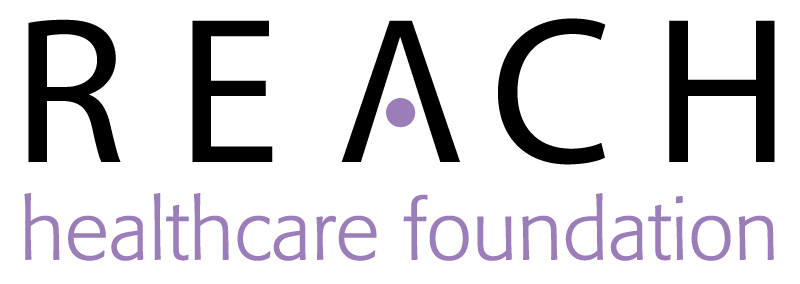The REACH Foundation supports expanding KanCare to provide coverage for 150,000 Kansans and sustain the healthcare workforce and health systems which are the primary source of care for low-income families.
- Kansas is one of only 10 states that have declined to leverage substantial federal resources to provide coverage to low-income adults and families.
- Kansas spends more per capita on Medicaid than expansion and non-expansion states even with managed care because the Legislature has declined available federal support.
- Medicaid eligibility in Kansas is among the strictest in the country, creating a dilemma for Kansans – delaying care for physical and behavioral issues, or accumulating medical debt.
- Kansans have expressed their readiness for a solution. Numerous polls show consumers and voters support expanding coverage to help workers and families – and want to see lawmakers answer this need.
Resources:







